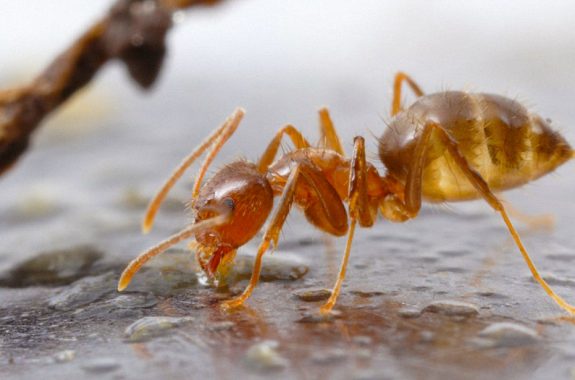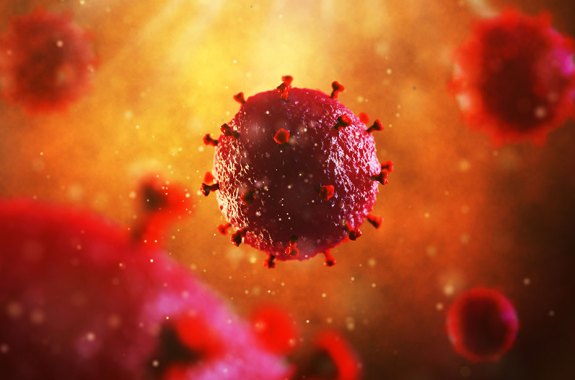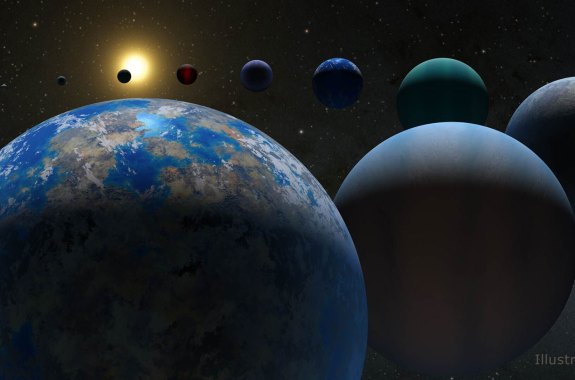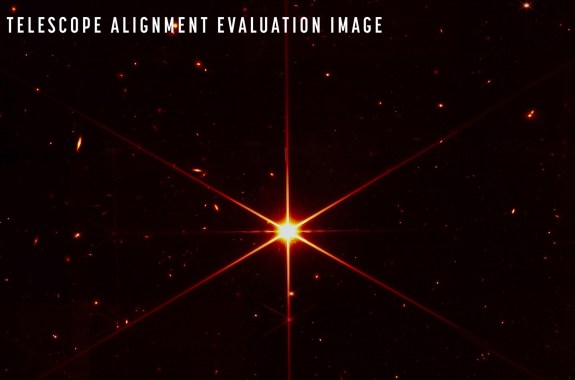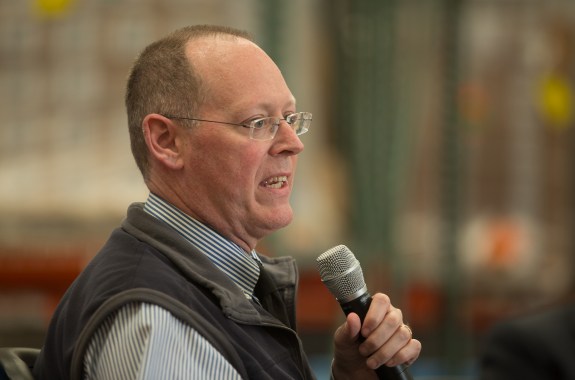As Science Friday’s director and senior producer, Charles Bergquist channels the chaos of a live production studio into something sounding like a radio program. He coordinates in-studio activities each week from 1-4. And then collapses. He also produces pieces for the radio show. His favorite topics involve planetary sciences, chemistry, materials, and shiny things with blinking lights.
Charles has been at Science Friday longer than anyone on staff except Ira, and so serves as a repository of sometimes useful, sometimes useless knowledge about the program. He remembers the time an audience member decided to recite a love poem during a live remote broadcast, the time the whole staff went for ice cream at midnight in Fairbanks, Alaska, and the name of that guy Ira is trying to remember from a few years back who did something with space.
He hails from southeastern Pennsylvania and worked for a while as a demonstrator at the Franklin Institute, Philadelphia’s science museum (favorite devices: Maillardet’s Automaton, the stream table, the Chladni plates). He has a degree in chemistry from the University of Delaware, home of the Fighting Blue Hens, and a master’s in journalism from New York University’s Science, Health, and Environmental Reporting Program. However, he attended the program prior to the addition of ‘Health’ to its name, which may explain his slight unease when covering medical topics.
Outside the walls of Science Friday, he enjoys backpacking, camping, cooking not-entirely-healthy things, reading escapist fiction, and trying to unravel his children’s complicated stories.
08:32
An Unusual Fungus May Control Invasive Tawny Crazy Ants
Most insecticides don’t work against this invasive species. But scientists recently found a fungus that causes infected nests to collapse.
17:08
Scientists Are Working On HIV Vaccines Based On COVID Vaccine Tech
Anthony Fauci explains how pandemic research gains may unlock new vaccination possibilities for diseases like HIV.
16:42
Over 5,000 Exoplanets Have Now Been Discovered
This week, the NASA Exoplanet Archive logged the 5,000th confirmed planet outside of our solar system.
17:13
Difficult Brain Science Brings Difficult Ethical Questions
As our ability to interpret and manipulate the human brain improves, the need for ethical controls grows as well.
12:12
The James Webb Telescope Releases Its First Focused Image
Though scientific images are still months away, the James Webb Space Telescope has sent back the highest resolution infrared space images ever.
11:48
Will Russia’s War In Ukraine Finally Spur A Clean Energy Revolution?
Could an international desire to move away from Russian fossil fuels spark innovation in clean energy?
6:15
Why The Equinox Can Make Your Credit Card Fail
Twice a year, Earthbound satellite dishes can get blinded by the Sun.
12:05
Paul Farmer, Global Health Leader, Dies At 62
A champion of equitable healthcare, and the co-founder of humanitarian non-profit Partners In Health, Farmer leaves behind a poignant legacy.
7:50
The Science Behind ‘Power Of The Dog’
A leading contender for an Oscar for Best Picture has a somewhat hidden science theme.
8:50
New Energy Record Set By Fusion Reactor
Results from the JET fusion experiment have scientists hopeful that a coming reactor called ITER will succeed.
